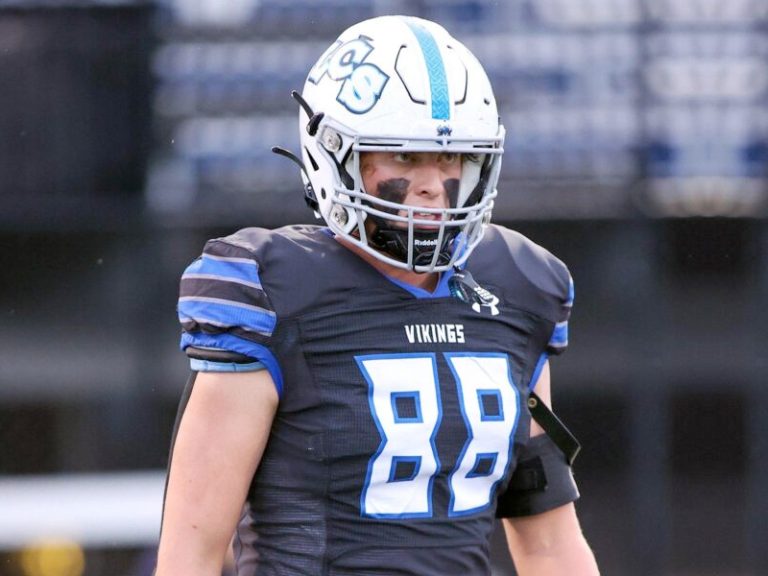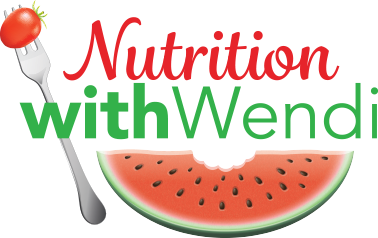
In my 10+ years of experience working with youth, collegiate, and masters level competitors there are three types of athletes. Athletes who are prone to cramping, those who have cramped, and those who WILL CRAMP. Our goal is to prevent cramping, reduce the occurrence of cramping, and Lord willing minimize the cramps with these three considerations.
- Water and minerals. Inadequate fluid. Drink water early and often! We wake up in a dehydrated state. Place a water bottle by your bed to wake up and drink water. Set alarms on your phone to hydrate every few hours. Hydration is controllable. Athletes need roughly 80-100 oz of fluid daily. This does not account for the minerals we NEED including potassium, calcium, sodium, chloride, and magnesium. Losses during training, games, and hot climate increases fluid and mineral demand. 7 Tips for Hydration here.
-
- Consume 20 oz of fluid every 2 hours leading up to game time.
- Fuel tip: The night before a game have 1/2 an avocado at dinner. Avocados have more potassium than bananas. The potassium levels are almost double!
- One avocado contains 975 milligrams of potassium, compared to 487 milligrams in a banana.
- Most muscle cramps are also related to magnesium depletion. Adequate magnesium can help with muscle contraction and relaxation. The RDA for magnesium for adults:
-Men: 400–420 mg
-Women: 310–320 mg- Magnesium deficiency signs and foods rich in magnesium click here.
- Magnesium supplementation may be necessary if you’re not consuming sufficient meat and veggies.
- Some athletes are heavy sweaters and will expel more minerals in their sweat than others. A simple way to test if you or an athlete is a heavy or salty sweater is touching your jersey during/after training. Ensure you’re sipping on sports drinks or an electrolyte mix if you’re prone to cramping. Hotter temperatures will increase the rate at which electrolytes are expelled
- Is it crusty and drenched? You are likely a heavy sweater and you will also feel the sodium on your face.
- A hydration video tip to download and share with your student-athletes.
- Replace every lb. lost during training with 16-24 oz of fluid.
-
- Pre-competition fueling
-
- Athletes often fail to consume enough carbs and calories. Carbs fuel muscle and the brain. A drop in blood sugar leads to a drop in performance. Low-carb diets also decrease sodium and water in the kidneys!
- Athletes should be consuming on average 3-5 g of carbs/kg/bw/day to support training demands and optimize recovery. This means if you weigh 165 lbs or 75 kg . you need a minimum of 225 -375 g of carbs daily.
- Athletes doing more endurance work or training more hours per week need even more. 5-7 g/kg/bw/day for soccer, field hockey, basketball, and other athletes trying to gain weight! This means that the same 165 lb 75 kg athlete would need 375-525 g of carbs per day!
- Bagels, rice, pitas, oats, pretzels, fruit, potatoes, dates, honey, and other grains are excellent sources of carbs.
- Athletes doing more endurance work or training more hours per week need even more. 5-7 g/kg/bw/day for soccer, field hockey, basketball, and other athletes trying to gain weight! This means that the same 165 lb 75 kg athlete would need 375-525 g of carbs per day!
- The maximum glycogen storage a human can accumulate is between 400-500 grams. Since 1 gram of carbs equals 4 kcal, you will top out at about 1,600-2,000 kcal in your glycogen storage fuel tank.
- Muscle strength, speed, and contractility decrease when blood glucose levels drop or when glycogen is rapidly depleted. This can happen quickly in multisport athletes as well as endurance athletes. Athlete nutrition cheat sheet here.
- Use my chew-nibble-sip fueling strategy to ensure you’re consuming adequate carbs, minerals, and calories leading up to game time. A simple breakdown is found here.
- Bananas, string cheese, Greek yogurt, and sweet potatoes are great sources of minerals like potassium, and contain sodium to assist with preventing muscle cramps and fatigue. Utilize electrolyte packets pre-, during, and post-event.
- Too often athletes under-fuel leading up to games and events due to their inability to stomach solid food. Liquid carbs like sports drinks, tart cherry juice, and coconut water can be a great way to fill the glycogen tank prior to an event.
- Download my 4-2-1 Fueling PDF for FREE HERE
-
- Training/game day warm-up
-
-
- For the strength and sports coaches, this may seem obvious but it is a consideration that we must address. Athletes can cramp due to being undertrained, under-conditioned, or new to the sport. This happens with many young football players in fact. Coaches send me emails all the time with their JV or middle school programs with this concern. We must think beyond electrolytes and carbs to truly identify the source of cramping.
- The condition of the athlete and their recovery from days trained that week or in previous events can play a role in cramping. Not to mention if the athlete is properly conditioned. Especially after the dog days of camp.
-
-
-
- Training progression and warm-up leading up to games can play a drastic role in an athlete who is prone to cramping. Too much too quick is a recipe for cramping and injury
- Snacks and fluids at half or between periods depending upon your sport can also be of assistance to replenish carbs, electrolytes, and fluid. Refuel during the game with these options.
-
A tip we provide our athletes, coaches, and parents on preventing and treating cramps.
Science illustrates sodium can be absorbed and affect the body’s sodium concentration at a faster rate when spicy/bitter/vinegary smells and tastes are introduced. In fact, this tactic helps reduce the muscular impulse of over-excited contracted nerve impulses that lead to muscle cramping. This tactic can also aid in reducing the occurrence of muscle cramping and/or shorten the duration of the cramping episode according to a study carried out by Miller et al., 2010 published in Medicine and Science and Sports and Exercise.
The acid in the pickle juice, vinegar, and mustard does help alleviate cramps, the study concluded. A cramp induced by researchers lasted two minutes on average. Those cramps lasted 30 seconds shorter when test subjects drank pickle juice during the experiment. When subjects drank water, there was no change. The acid is what assisted with reducing the length of the cramps. Not the “salt”. This is critical for people to understand because there’s a great deal of misinformation and misunderstanding in sports.
Cramps are a result of many factors. Dehydration, electrolyte imbalance, lack of carbohydrates, and a nervous system overt stimuli or misfiring. It is best to work with a sports dietitian to find ways to ensure your athletes are eating enough leading up to games, hydrating properly, getting sufficient sleep, and warming up properly with correct progression. You may not always be able to avoid cramping but you can certainly minimize it with these tips. Wendi’s health and performance slide deck contains hydration, fueling, and recovery graphics. Get a copy here
In good health, faith, and fitness
-Wendi A. Irlbeck, MS, RDN, LD, CISSN

The Nutrition with Wendi team utilizes evidence-based science to tailor nutrition programs for athletes to optimize performance, minimize health risks, and enhance recovery from training while focusing on injury prevention. We partner with parents, athletes, health professionals, and individuals and offer elite nutrition and health guidance for optimal athletic performance, injury, and disease reduction. We provide virtual services including telehealth but are based in Nashville, TN. Follow us on Twitter, Facebook, and Instagram for more nutrition information. Services booking here to consult with Wendi for a team talk or QA session.
